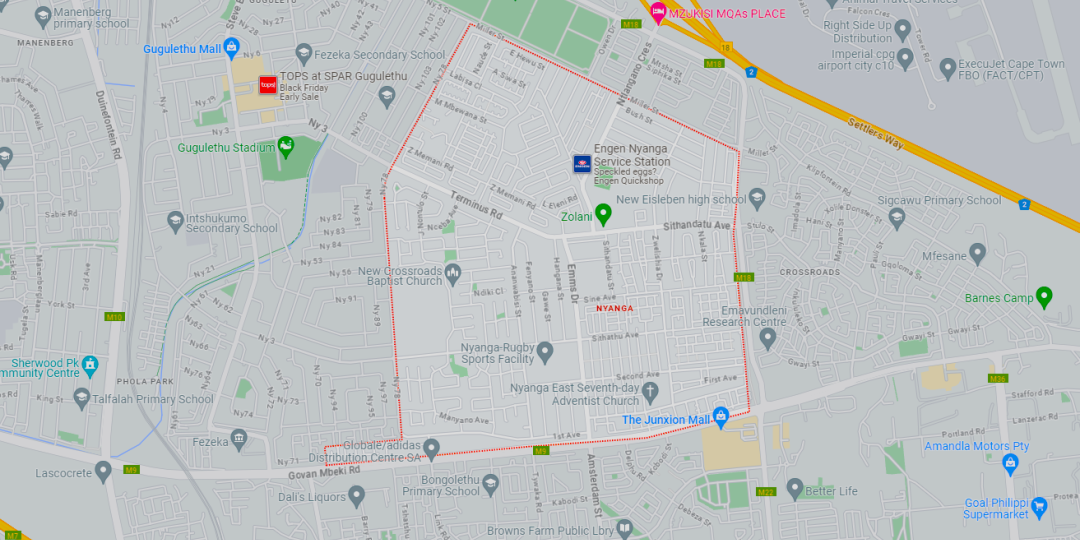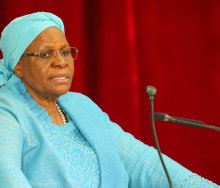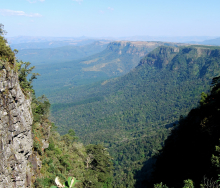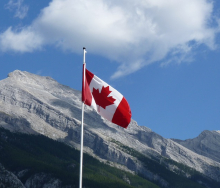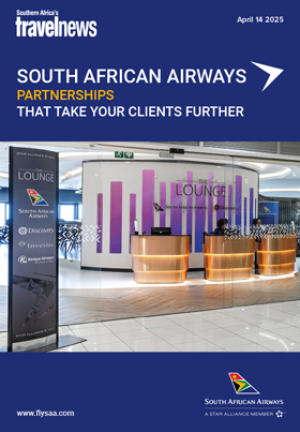Following the recent attack on Walter Fischel, an American tourist who was directed through Nyanga from Cape Town International Airport, Google has activated changes to its Maps application to keep users from navigating through dangerous hotspots.
The tech company is working together with the Department of Transport and the City of Cape Town to identify hotspots and improve information available to tourists about areas to avoid.
Speaking at the signing of a cooperation agreement between the Department of Transport and Google, Dr Alistair Mokoena, Google’s Country Director for South Africa, said that updates had been made to the app to ensure that this route was no longer recommended.
He said Google Maps is meant to connect people to their destinations “in the fastest, safest possible way” while taking aspects such as road quality and how direct the route is into consideration. Mokoena also noted that Google had met with the Department of Tourism, City of Cape Town and other regulators to find solutions following the attack on Fischel.
“There is a specific area around Nyanga, around the airport intersection, and we are looking at that to ensure it doesn’t become a feature when we recommend the fastest possible routes.”
Mokoena said changes in the app to cut out this hotspot were already live.
“Now, if you’re coming from the airport, and let’s say you want to connect to Simon’s Town, you are able to connect with routes that do not take you through this crime hotspot,” he said.
Some challenges
When inputting a route between the airport and Fish Hoek this week, the app recommends taking major roads like the N2 and M5. However, when selecting a route from Cape Town International to Blouberg, for example, and choosing the public transport tab, the app suggests travellers make their way via an e-hailing service to catch a bus at the Jeff Masemola transport interchange on Spine Road. The road, which runs through Kuils River, Mitchells Plain and Khayelitsha, is deemed unsafe by officials and locals alike because of the number of road accidents and incidents of crime recorded there.
Google did not immediately respond to a request for comment on this, but during his announcement on Monday, Mokoena said crime hotspots had been identified with the Department of Tourism and the City of Cape Town, and Google was working to ensure “those crime hotspots do not form part of the route”.
Mokoena said that tourists research destinations before taking their trips, and safety formed part of that research. In its efforts to ensure that people have the right information available to them, Google and its partners are working on marketing campaigns and installing visible signage in hotspots warning people about crime while engaging with car rental companies so that they can inform visitors accordingly.
